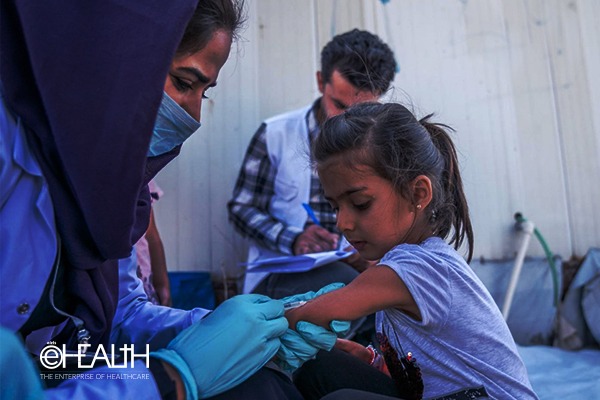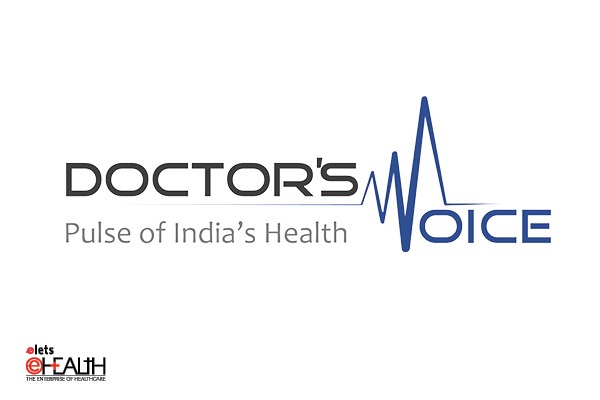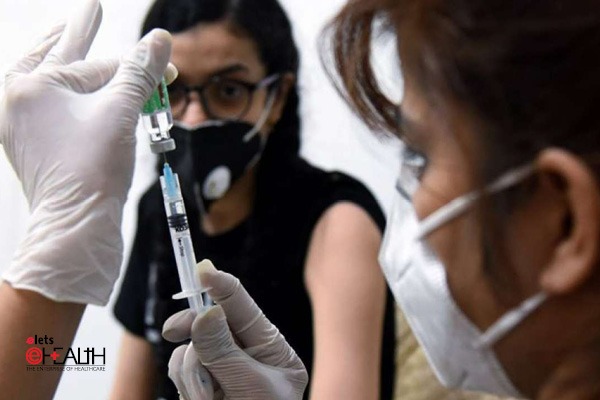Global Allergy and Asthma European Network (GA2LEN) and the European Academy of Allergy and Clinical Immunology (EAACI) have come up with a finding that that the older generation of HI-antihistamines that are used as allergy medicines may be dangerous to people’s health. The report says the first-generation H1 antihistamines – the most common treatment for conditions such as allergic rhinitis – that are currently available as over-the-counter drugs in pharmacies, have been linked with numerous health and social problems. The older drugs come off worse as compared with the newer ones. They are linked with myriad problems: poor sleep patterns; reduced work performance and learning ability; aviation, car and boating accidents caused by drowsiness; and even death as a result of accidental overdose in children and infants, and suicides in teenagers and adults.

More than 30% of the EU and US population are users or potential users of H1 antihistamines. H1 antihistamines have been used for more than 50 years to treat allergies including allergic rhinitis (inflammation of the nasal membranes, commonly known as hay fever), urticaria (hives) and atopic dermatitis (eczema). They are usually categorised as first and second generation: the former have a more sedative effect leading to drowsiness, but this side effect is significantly reduced in the latter. An allergy is a powerful immune response to an antigen (allergen). Allergens themselves are often harmless substances and include dust mites, pollen or animal dander (small scales shed from animal or human skin or hair). Allergic reactions occur when some people have an exaggerated reaction to an allergen which causes responses ranging from mild (e.g. running eyes and nose) to serious (e.g. anaphylactic shock).

Be a part of Elets Collaborative Initiatives. Join Us for Upcoming Events and explore business opportunities. Like us on Facebook , connect with us on LinkedIn and follow us on Twitter , Instagram.












